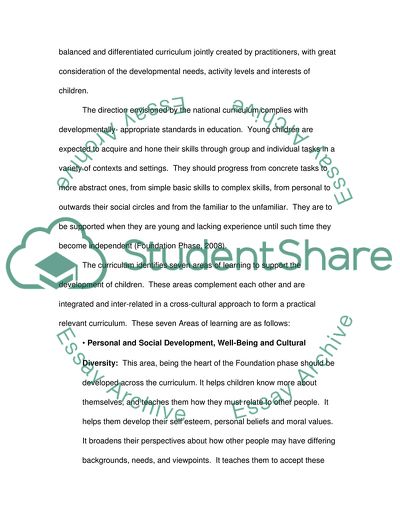Cite this document
(Quality Education in the Foundation Stage in Wales Research Paper, n.d.)
Quality Education in the Foundation Stage in Wales Research Paper. Retrieved from https://studentshare.org/education/1736707-with-reference-to-reading-and-practice-evaluate-the-effectiveness-of-national-and-local-welsh-initiatives-to-raise-standards-of-literacy-and-numeracy-within-the-foundation-phase-in-wales
Quality Education in the Foundation Stage in Wales Research Paper. Retrieved from https://studentshare.org/education/1736707-with-reference-to-reading-and-practice-evaluate-the-effectiveness-of-national-and-local-welsh-initiatives-to-raise-standards-of-literacy-and-numeracy-within-the-foundation-phase-in-wales
(Quality Education in the Foundation Stage in Wales Research Paper)
Quality Education in the Foundation Stage in Wales Research Paper. https://studentshare.org/education/1736707-with-reference-to-reading-and-practice-evaluate-the-effectiveness-of-national-and-local-welsh-initiatives-to-raise-standards-of-literacy-and-numeracy-within-the-foundation-phase-in-wales.
Quality Education in the Foundation Stage in Wales Research Paper. https://studentshare.org/education/1736707-with-reference-to-reading-and-practice-evaluate-the-effectiveness-of-national-and-local-welsh-initiatives-to-raise-standards-of-literacy-and-numeracy-within-the-foundation-phase-in-wales.
“Quality Education in the Foundation Stage in Wales Research Paper”, n.d. https://studentshare.org/education/1736707-with-reference-to-reading-and-practice-evaluate-the-effectiveness-of-national-and-local-welsh-initiatives-to-raise-standards-of-literacy-and-numeracy-within-the-foundation-phase-in-wales.


